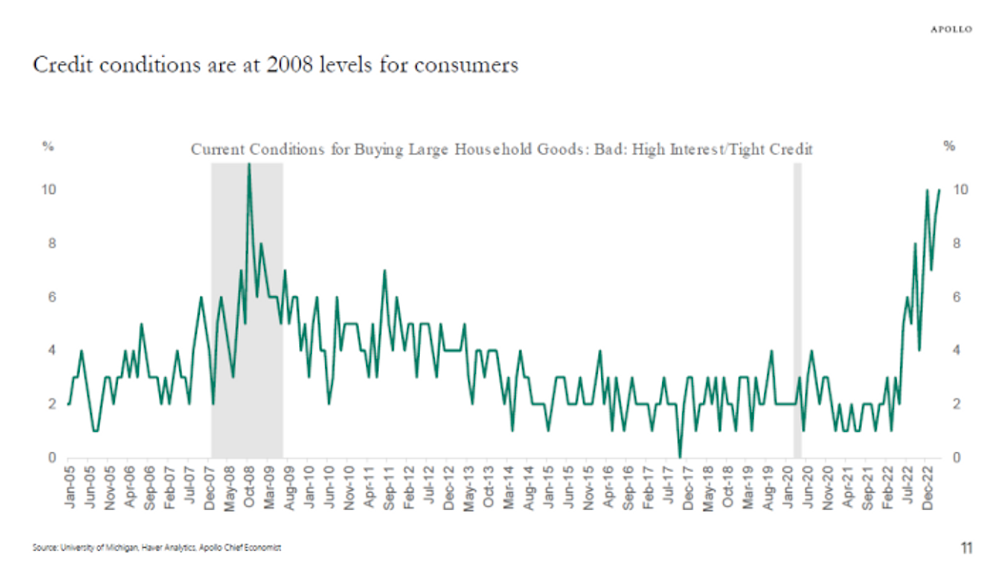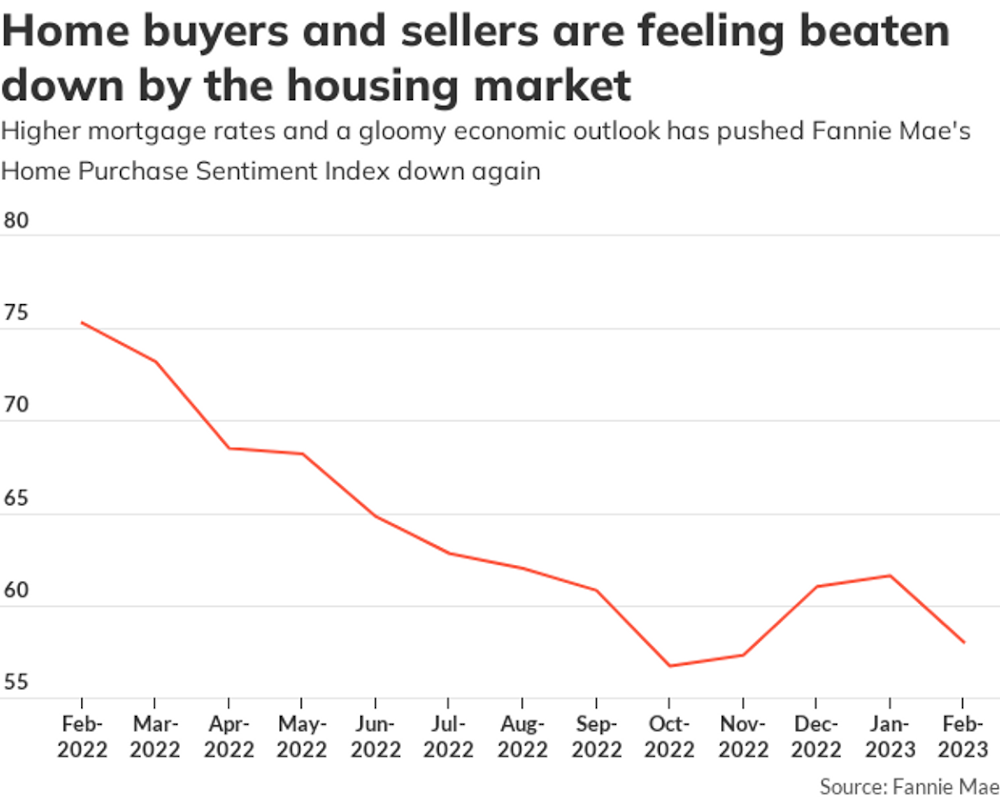LOS ANGELES (MarketWatch)
A preliminary reading of HSBC's China manufacturing
Purchasing Managers' Index moved closer to expansionary levels this month, with
the index's headline number rising to 49.1 from September's final reading of
47.9
Anything above 50 represents expansion for manufacturing activity, while
anything under 50 signals contraction, and the index has been below the 50 mark
for a year as of the October report
The so-called "flash" version of the HSBC
PMI is based on initial responses from 85% to 90% of those surveyed
Sub-indexes
covering manufacturing output and new orders also marked gains
Welcome
stock market phases theorem.
Chief Artificial Intelligence.
Academic training in Fundamental Mathematics.
IA basada en Razonamiento Humano
Billie, Founder with academic training in Fundamental Mathematics and professional experience in Large Multinationals in the Information Technology sector, having held positions in high-level management positions, maintains that it is time to reduce Unproductive Public Expenditure and help the Private Sector in everything that is possible.
Cortesía de Investing.com
Cortesía de Investing.com
Agenda Macro
Calendario económico en tiempo real proporcionado por Investing.com España.




















1 comentario:
By MarketWatch
China is likely to launch by the end of the year new rules that give banks more ways to raise capital, which the authorities hope will boost credit growth, the state-run Shanghai Securities News reported Wednesday.
The new rules, which may cover areas such as issuance of preferred stocks and development of fundraising in the secondary market, will give lenders greater choice as they raise funds to meet stricter capital rules, the report cited unnamed industry sources as saying.
China has been trying to boost capital adequacy at the nation's banks as part of its adherence to the Basel III regime. Since the 2008 financial crisis, regulators have gradually raised the minimum capital adequacy ratio--the percentage of a bank's equity capital and retained profits versus its risky assets--for systemically important banks to 11.5% and for other lenders to 10.5%.
The rules were originally set to take effect Jan. 1, 2012, but regulators have been moving cautiously due to the global financial crisis. They will start imposing them early next year but banks will have six years to comply fully. Major banks already meet these requirements.
Making it easier for banks to raise capital will help them continue to lend even as they work to maintain new capital ratios at a time when the economic growth is slowing.
At a forum in June, Shang Fulin, chairman of China Banking Regulatory Commission, called on banks to step up efforts to develop less capital-intensive intermediary businesses to reduce their capital needs and to cut their reliance on interest income.
Mr. Shang said banks should seek to increase retained profits, which will help to ease pressure to raise capital to back their credit growth.
The CBRC and other government bodies are actively exploring ways to help banks raise capital, such as issuing preference stocks and tapping overseas markets, Mr. Shang said.
China's major banks have already raised large amounts of capital through stock and convertible bond issues to shore up their balance sheets after a lending binge in 2009 and 2010 to fund Beijing's post-financial crisis stimulus program.
Publicar un comentario